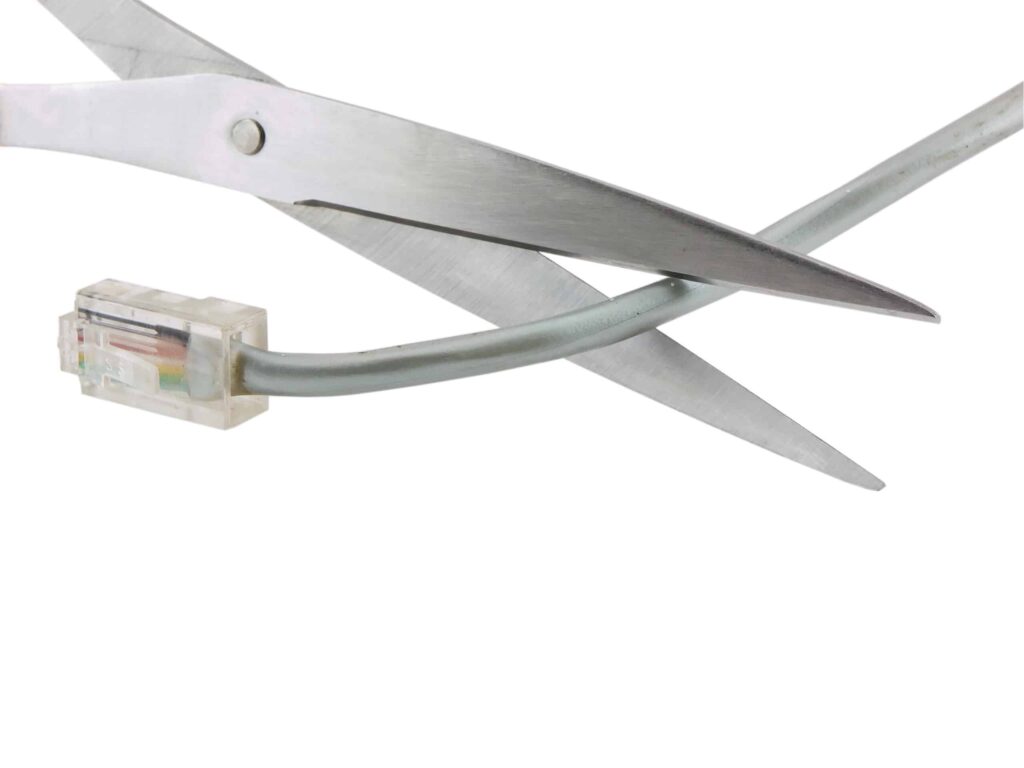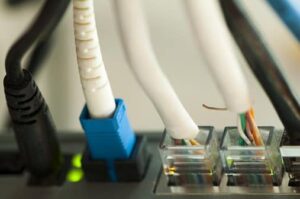Many VoIP suppliers actually specify in their literature and web pages that alarm systems should not be connected to VoIP.
Here are the problems associated with VoIP internet and cable services.
- The VoIP adapter is not wired to the jack directly.
- The VoIP adapter is wired correctly, but signals will not go through for various reasons, such as the alarm user is accessing other internet services at the time an alarm goes off.
- The VoIP service cannot accurately reproduce the sounds from the alarm communicator over the internet or cable service.
- Even when internet or cable phone service is working fine, alarm signals may cease to transmit properly.
- VoIP providers use different internet communication methods, depending on cost savings, to carry their internet and cable phone service. The customer will not be aware of any change until the alarm system is no longer able to transmit signals.
- The VoIP service will most likely not allow alarm companies to remotely download changes to the the alarm control panel. This will result in the customer having to pay for a service technician to service the system.
- POTS systems (or Plain Old Telephone Systems) are required to have their own power supply and will usually work in a power outage. VoIP is not required to have a backup power supply and may not reliably work during power outages.
Because internet and cable phone service technology changes so fast, alarm users MUST regularly test the ability of their alarm system to transmit signals, per their alarm company’s instructions. If you are unsure how to properly test your alarm system, call your alarm company.
Security ONE has the communication solution for you. It’s quick & easy, more reliable, and will help save you money. Call 1-800-265-5317 to learn more, or just CLICK HERE.


